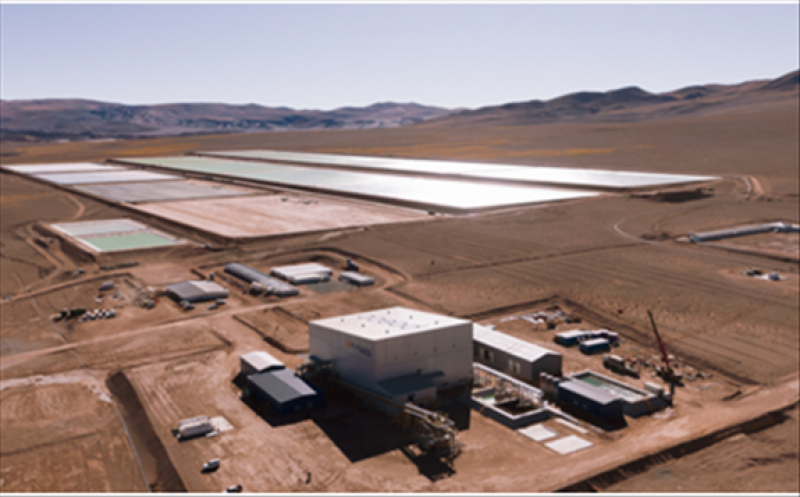POSCO will establish a joint venture with Australian mining company Pilbara Minerals to build a lithium hydroxide production plant at the Yulchon Industrial Complex in Gwangyang on the nation’s southern coast. This means that the company will localize the production of lithium, for which Korean companies rely on imports 100 percent.

POSCO will establish POSCO Lithium Solution with Pilbara Minerals. The two sides are close to finalizing the detailed terms of cooperation. They have been discussing the establishment of the joint venture for two years.
POSCO will have a 70 percent stake in POSCO Lithium Solution with Pilbara owning the remaining 30 percent. The joint venture will invest 760 billion won to build a lithium hydroxide plant at the Yulchon Industrial Complex in Gwangyang by 2023 under an investment agreement signed with South Jeolla Province on May 6. The plant will produce 43,000 tons of lithium hydroxide annually, an amount enough to produce batteries of one million electric vehicles.
Until now, Korea's lithium and cobalt self-sufficiency ratios have been zero percent. Korea imports most of the raw materials for batteries from China. The plant is expected to replace lithium imports worth 370 billion won per year.
POSCO is building a value chain for secondary batteries that can supply not only anode and cathode materials but lithium, nickel and graphite, the major raw materials for anode and cathode materials. The company plans to achieve a system to produce 400,000 tons of cathode materials and 260,000 tons of anode materials a year by supplying 220,000 tons of lithium and 100,000 tons of nickel by 2030.